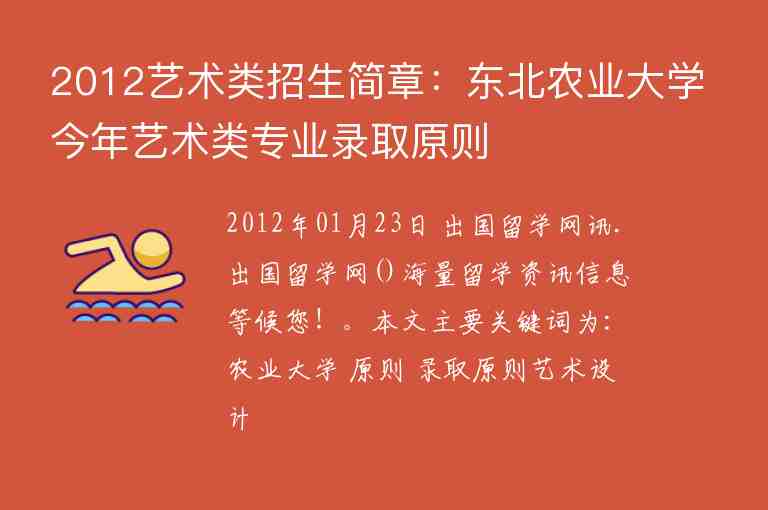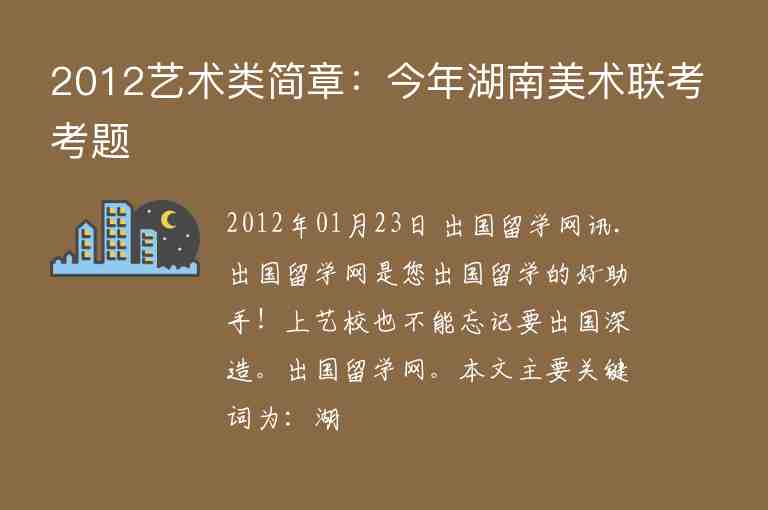1. better_off是一个形容词短语,意思是“处境更好的”、“更富裕的”。它由“better”和“off”两个词组成,字面意思为“更好的离开”,指某人或某物在某种情况下比原来更加幸福、富裕或有利。
2. 发音:[ˈbetər ɔːf]
用法:
better_off可以用来修饰人或物,表示他们的状况比原来更好。它通常被用作定语,放在被修饰词的前面。也可以用作表语,放在系动词后面。
例句:
1. My sister is better off now that she has a well-paid job.
我的姐姐现在工作薪水高了,生活状况变得更好了。
2. We are better off living in the city rather than in the countryside.
我们住在城市里比住在乡村更舒适。
3. The company is better off without him, he was causing too much trouble.
公司没有他会过得更好,他一直给大家带来麻烦。
4. I would be better off if I had invested my money in stocks instead of buying a new car.
如果我把钱投资股票而不是买一辆新车,我会过得更好。
5. The children are definitely better off with their grandparents, they spoil them too much.
孩子们和爷爷奶奶在一起肯定会过得更好,他们太宠孩子了。
同义词及用法:
1. Wealthier:意为“更富裕的”,也可以用来表示某人或某物比之前更有钱。与better_off的区别在于,wealthier更多指物质上的财富,而better_off除了指经济状况外,还可以指生活条件、幸福感等方面的改善。
例句:After winning the lottery, they became wealthier and could afford to buy a bigger house.
中了后,他们变得更有钱了,买得起一栋更大的房子。
2. More prosperous:意为“更繁荣的”、“更兴旺的”,也可以用来表示某人或某物比之前发展得更好。与better_off相似,但more prosperous更多指整体发展情况,而better_off则着重于个人或物品。
例句:The city has become more prosperous since the new shopping mall opened.
自从新开了购物中心,这个城市变得更繁荣了。
3. Well-off:意为“富裕的”、“殷实的”,也可以用来表示某人或某物比之前有钱多了。与better_off不同的是,well-off侧重于经济上的富裕,并且通常用来形容家庭或个人的经济状况。
例句:His parents are well-off and can afford to send him to study abroad.
他父母很富裕,能够负担得起让他出国留学。
编辑总结:
better_off是一个常用的形容词短语,意为“处境更好的”、“更富裕的”。它可以用来修饰人或物,表示他们的状况比原来更好。与其同义词相比,better_off侧重于个人或物品在某种情况下的改善和发展。在使用时,需要注意它与其他形容词的区别,避免使用错误。



